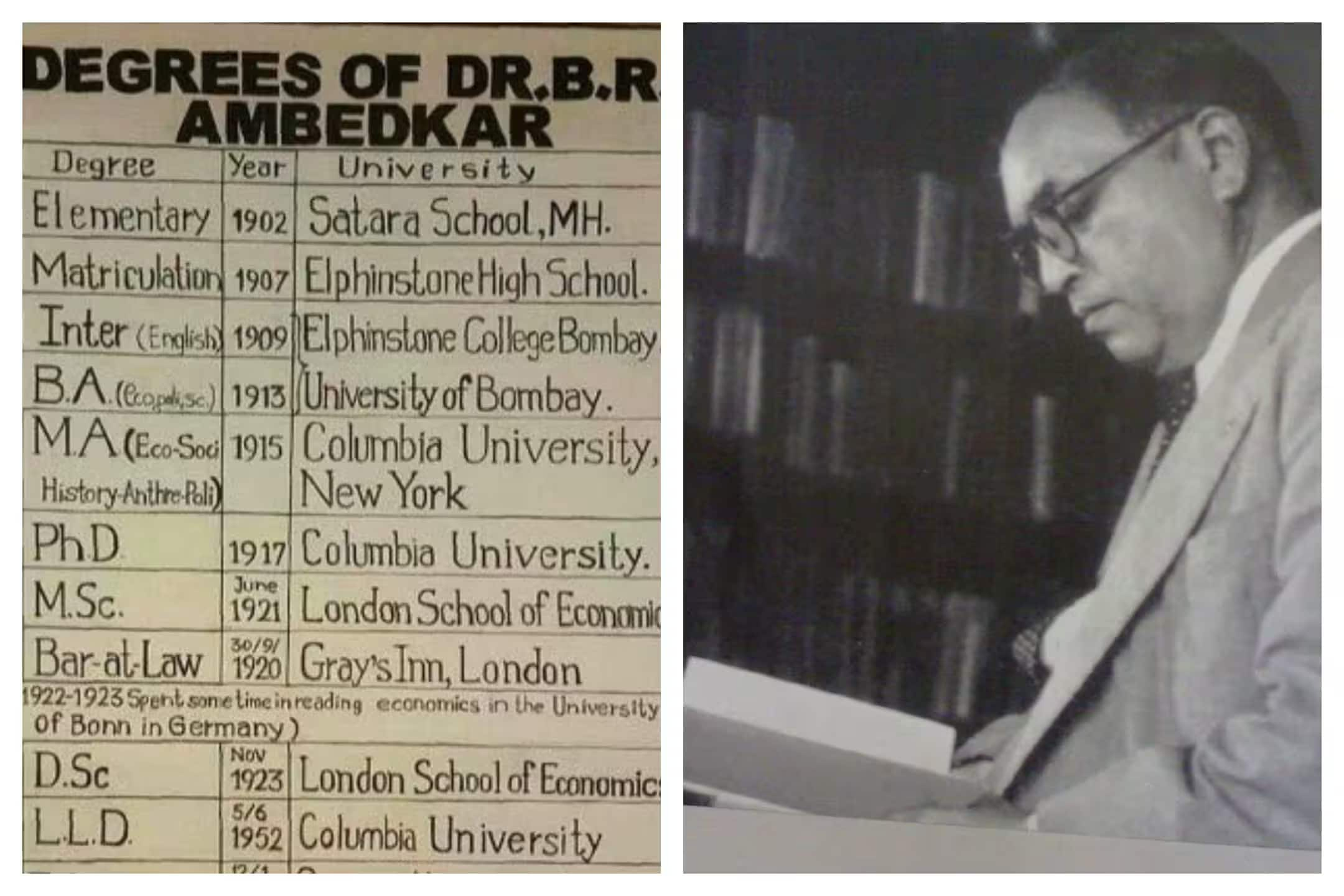
“What is man, that thou art mindful of him?” —Psalm 8:4 Last Monday Lisa Morris-Julian, Minister in the Ministry of Education, and two of her children (Xianne, 25 and Jesiah, 6) died in a fire that destroyed their Arima home. The cause of the fire remains sketchy but the response of the T&T Fire Service left much to be desired. As is its custom, the Government hastily set up a committee, announced by National Security Minister Fitzgerald Hinds, to investigate the circumstances surrounding the deaths of the minister and her children.
Hinds is the least competent of the Government ministers. One awaits the findings of his committee with bated breath. I met Lisa Morris-Julian through the flimsiest of coincidences.

It occurred at the launch of Satnarine Balkaransingh’s Hosay Caribbean: Tadjahs on Wheels, that took place at the Pamella Benson Audio Visual Room of the National Library Building on December 11. Morris-Julian welcomed me when I arrived. That was the extent of our exchange.
Morris-Julian offered brief formal remarks on Balkaransingh’s importance in T&T’s literary and cultural world and spoke highly of Chief Ricardo Bharath Hernandez of the Santa Rosa First Peoples Community, of which she was a part. She took great pride in her work, promoting local writing and culture enthusiastically. She was also an accomplished playwright.
Morris-Julian’s life was situated within the history and culture of the First Peoples of T&T. She died on the spot where her grandparents, of Carib origin, lived. Such rootedness tells us who she was and her bond with her community; with those who went before her and those who are still alive.
Her life affected those around her. Camille Robinson-Regis’s overwhelming sadness—real and touching—and Prime Minister Keith Rowley’s heartfelt sympathy were emblematic of those she touched. The PM intoned: “To have her and her children snatched away under such horrible circumstances makes today one of the saddest days of my life.
” (Express, December 17.) Mia Mottley, the Prime Minister of Barbados, sent condolences on behalf of Barbadians. Many commentators described what took place as being tragic.
The Greeks felt tragedy had its origin “in the ritualistic celebration often involving dance and choral singing to appeal to the gods”. It always referred to the demise of great men—never women—who possessed a tragic flaw that led to his downfall. Morris-Julian, an ordinary woman, lived an extraordinary life.
She resided in the same community in which she was born, participated in the civic work of her fellow burgesses, served their needs, and lived the life of a common, everyday citizen. Such simplicity made her tower over many heroes we have come to know in history. King David, a major figure in the Christian Bible, had another conception of what constituted the grandeur of men and women.
He writes: “O Lord, our Lord, how excellent is thy name in all the earth who hast set thy glory above the heavens...
/When I consider thy heavens, the work of thy fingers, the moon and the stars, which thou hast ordained;/What is man, that thou art mindful of him?” (Psalm 8.) Men and women should be mindful of the short time we have upon the earth. We do not know when our physical lives will end.
When we elect people to high offices, their only concern should be about serving us, all to the glory of the Higher Power. Earthly power can always be taken away. One only leaves one’s good name behind.
In Psalm 8, David reflects upon God’s glorious majesty and the insignificance of man. No matter how much of the world’s gold we acquire, we can take nothing with us when God calls us home. Our only obligation is to serve our fellow men with integrity, fairness and justice.
In this context, Nigerian Nobel Laureate Wole Soyinka made the perspicacious observation: “Human life has meaning only to the degree and as long as it is lived in the service of humanity.” One of Lisa’s grief-stricken constituents, with tears streaming from her eyes, proclaimed: “Is a real good woman who gone there.” That comment summed up the meaning of her life and work.
God crowned her with honour and glory by giving her the awesome responsibility of serving her people. Today, I join the PNM family and other Trinbagonians in mourning the death of a noble woman and an outstanding servant of the people. She represented the best tradition of the PNM.
It is something that elected PNM officers should strive to emulate. We should always use public offices to expand the humanity of our brothers and sisters. Our watchwords should be “Service & Justice”.
That is the example Lisa Morris-Julian bequeathed to us. —Prof Cudjoe’s e-mail address is [email protected] .
He can be reached @ProfessorCudjoe..















